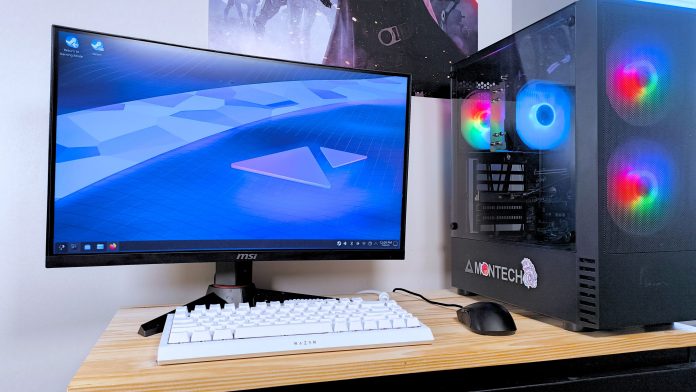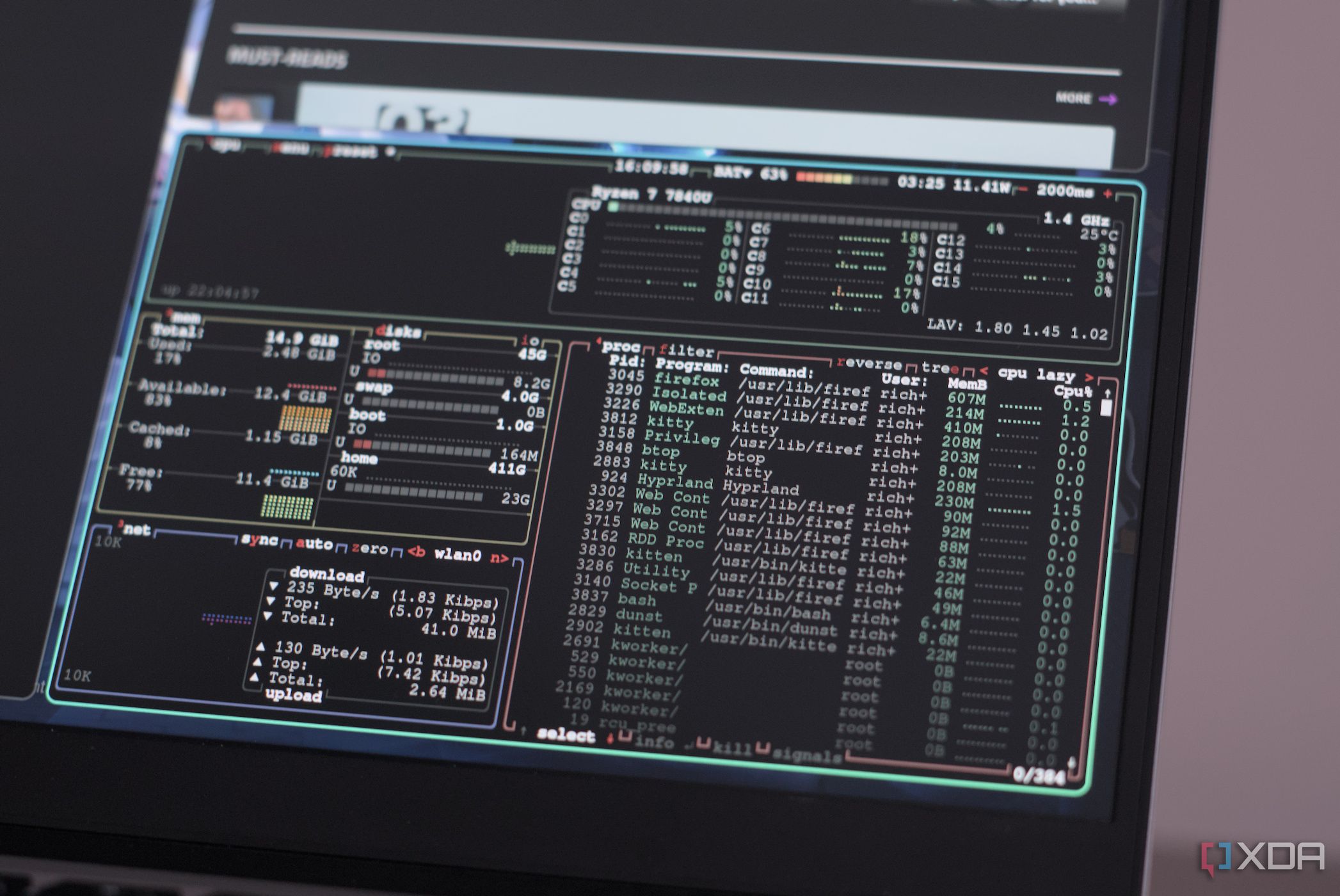I know it can get annoying hearing about Linux gaming day after day. No one is going to argue with escaping big, scary Microsoft for an OS that doesn’t track your every movement, but it’s hard to justify running away from Microsoft when there are so many trade-offs, and it’s even more difficult to justify running toward Linux when you have to give up so many comforts of Windows. There’s a good reason why the momentum behind Linux gaming continues to grow, however.

Sign up for free
- Personalize your profile with your interests
- Join or start Thread conversations
- Review, rate, and share your thoughts
- Follow, like, and share with friends
Log in
Create an account
*Required: 8 chars, 1 capital letter, 1 number
By continuing, you agree to the Privacy Policy and Terms of Use.
You also agree to receive our newsletters, you can opt-out any time.
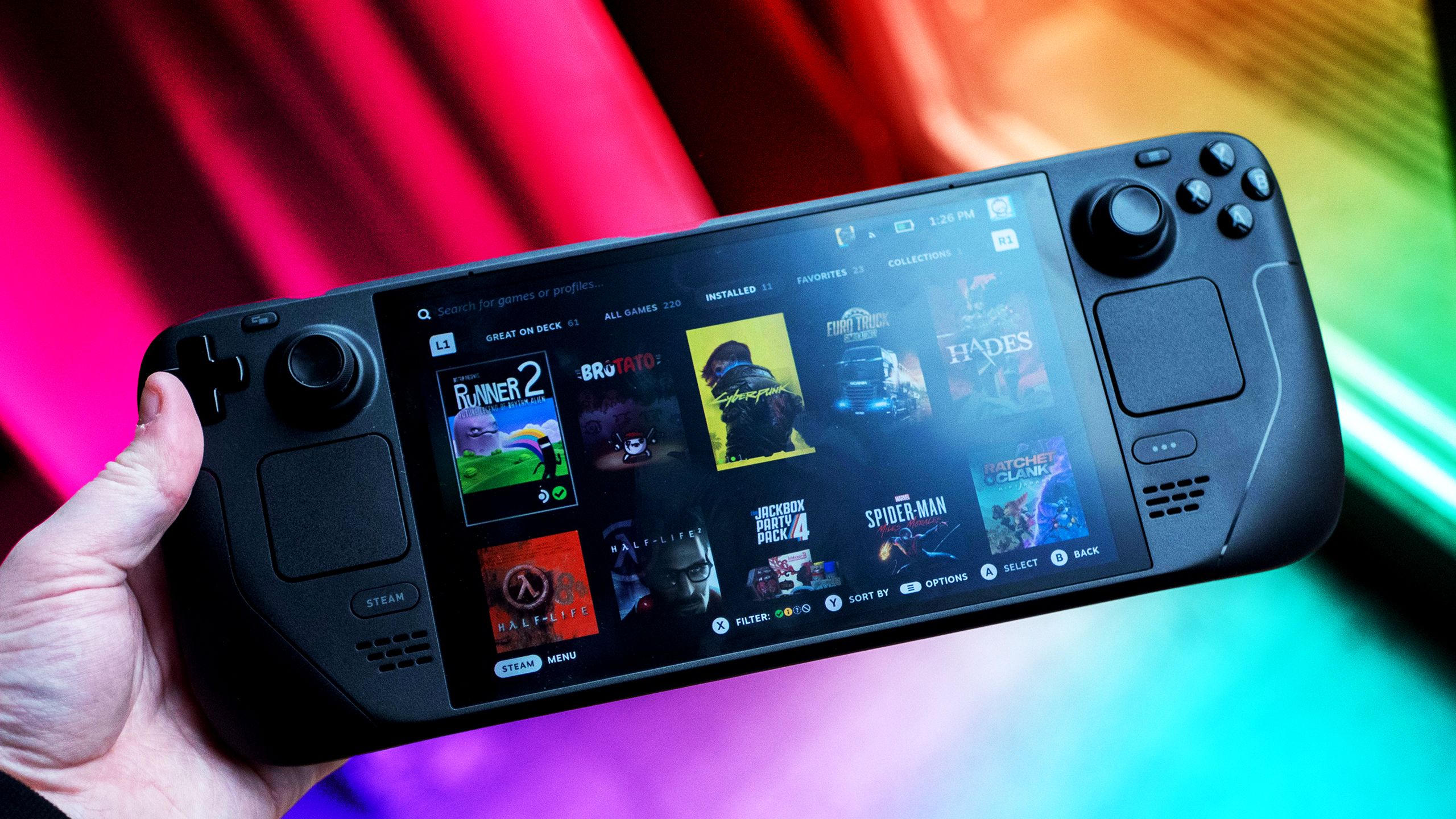
Related
These 7 Linux myths you still believe simply aren’t true
Linux is a completely different beast than it was a decade ago.
The momentum continues to build
It started with the Steam Deck, but it hasn’t stopped
I want to illustrate how quickly things can happen in the world of Linux gaming. I pulled this Reddit thread from five months ago, where a user was asking for an alternative to Lossless Scaling on Linux. The comments are filled with speculation as to how it could work, why it currently doesn’t work, and some recommendations for other Linux tools. Flash forward to the beginning of July, and there’s lsfg-vk, which is an open-source project that ports Lossless Scaling to Linux. It even has the support of the original Lossless Scaling developers.
Four days later, the app was updated to the latest LSFG 3.1 model. Three days after that, an unofficial version showed up in Decky Loader for the Steam Deck. And just a few days ago, someone designed an unofficial GUI for lsfg-vk, which was otherwise completely managed through the terminal. In one month, the project went from a port of Lossless Scaling made by a single student that might work in some games to a version of Lossless Scaling that works in most games, across most distros, and with an unofficial GUI if you don’t want to manage everything through a command line. That’s the power of open-source software. That’s the power of Linux.
There’s been a ton of momentum on the distro front, too. This year saw the release of SteamOS, and over the past two years, we’ve seen major gaming-focused distros like Bazzite and CachyOS pop up, both of which offer GUI-based installers, a wealth of preconfigured packages, and desktop environments where you don’t need to resort to the terminal if you don’t want to.
If you’ve even dabbled with Linux, you can smell the excitement in the air. The open-source community continues to build unique apps, port others from Windows, and get normally user-unfriendly packages to work easily. Installing and configuring Linux is easier than ever, and there are seemingly endless options for game compatibility with Proton and its various derivatives. It may have started with the Steam Deck a few years ago, but the enthusiasm behind Linux in general is at an all-time high — and you don’t have to just take my word for that, given the record-breaking market share that Linux is now seeing.
Proton broke down the wall, and the momentum from that hasn’t stopped. The problem, and the reason why myself and so many others are ranting and raving about Linux gaming, is that the community is just short of the finish line.
There was a chicken — or was it an egg?
The paradox of Linux
There’s one final push to really push Linux gaming over the finish line, and it’s a nut that even the power of the open-source community can’t crack. I’m talking about anti-cheat software. There are very few games you can’t play on Linux, and depending on the device you’re using, you can even see far greater performance running Windows apps on Linux than running them natively on Windows. The problem is that the handful of games you simply can’t play on Linux also happen to be among the most popular games played on PC.
Although the momentum and support for Linux gaming has hit a fever pitch, it’ll never be a primary platform for gaming until games like PUBG: Battlegrounds, Apex Legends, Rust, Siege X, and Destiny 2 work on the platform. And the developers of these games will never support Linux until it’s a platform that’s large enough to demand the expensive time of developers. It’s a classic catch-22. Developers won’t support Linux until there’s a large user base of gamers, and Linux won’t have a large user base gamers until developers support it.
No one can shut up about Linux gaming because it’s all about the push. It’s about begging for support on the Steam Deck as a gateway drug to the broader Linux ecosystem, and it works. Look at games like Marvel Rivals, Elden Ring Nightreign, Helldivers 2, and DayZ. These are all games with anti-cheat software that, minus a vocal community of Steam Deck users, probably wouldn’t work on Linux. But they do, and they serve as proof that it’s possible to get anti-cheat software working on Linux given the proper attention from game developers.
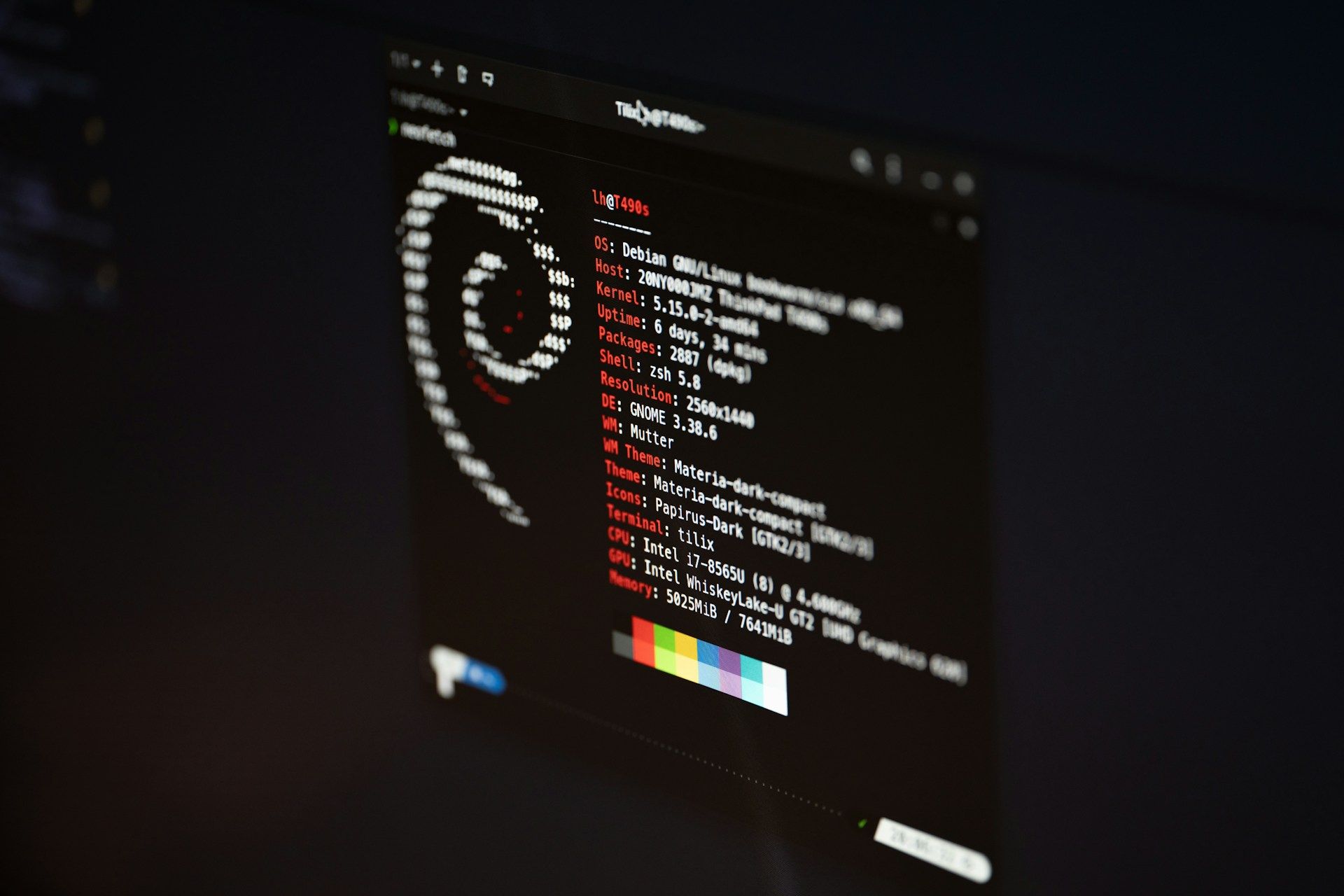
Related
3 reasons Linux is the best alternative to Windows for gamers
Linux is still the best option for gamers looking to get away from Microsofts grasp
The grass is greener on the other side
Why there’s a reason to switch
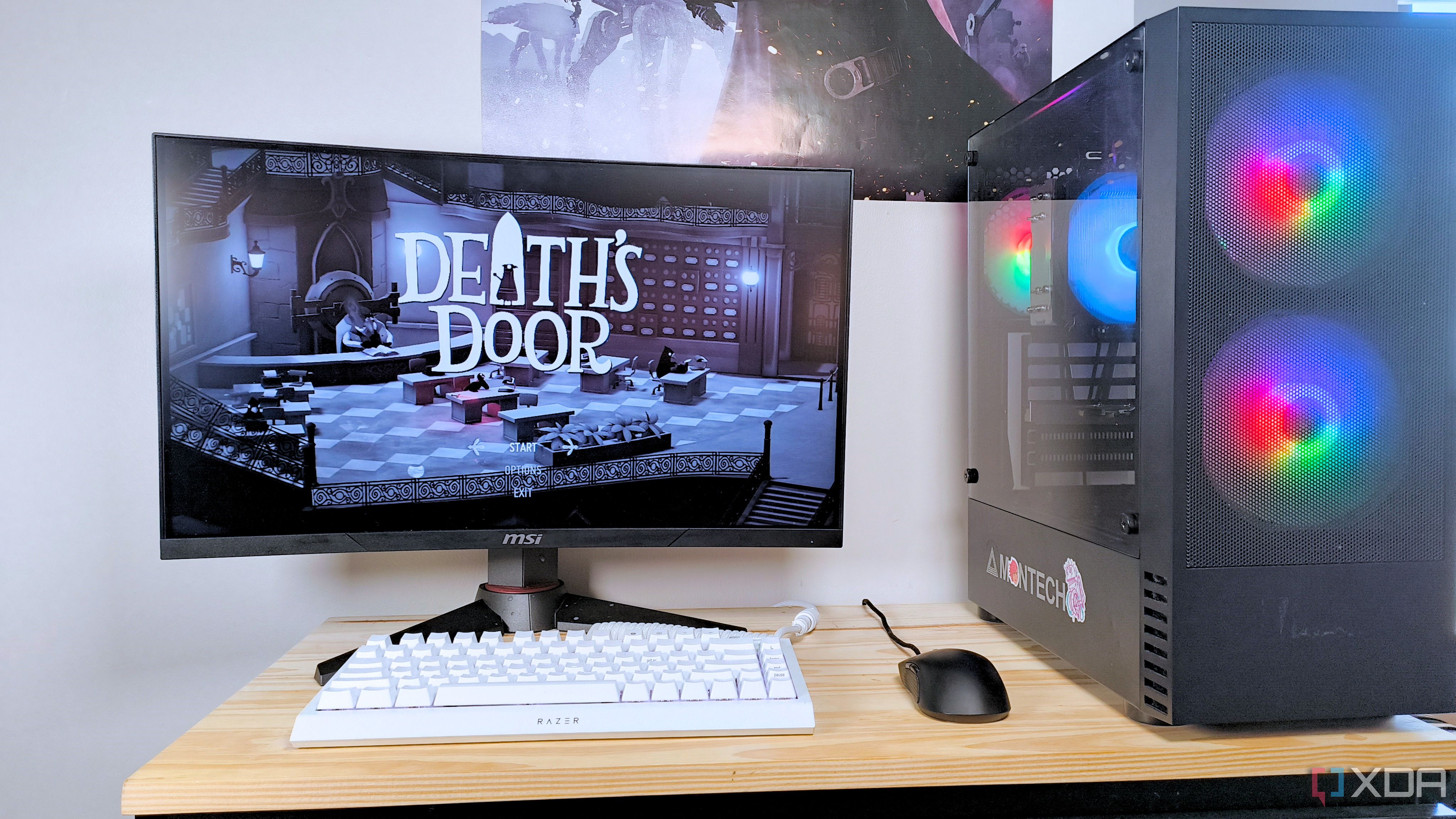
There’s a mixture of excitement and understanding of the current state of Linux that makes it next to impossible not to talk about. But it’s not just about change for change’s sake. The reason why Linux users and the Linux curious want to see the open-source OS succeed as a platform for gaming is because it offers advantages over Windows.
I’ve already touched on better performance, which shows up clearly in thermally constrained environments like handhelds and laptops. And there’s the overreach of Microsoft, which not only continues to scrap data while you use your PC, but also continues to shoehorn AI features into Windows that, at least when it comes to gaming, are completely pointless. Everyone has their own reason for switching, but I suspect the vast majority of those reasons boil down to one main point — with Linux, you get the operating system you want. With Windows, you get the operating system Microsoft gives you.
It’s as simple as that, and there’s no value judgment on Windows by stating that. It’s just a fact. You have dozens upon dozens of distros, thousands upon thousands of packages, and an ecosystem of open-source software that means you can customize Linux to meet your needs all the way down to the kernel. That’s why we even have distros like SteamOS, Bazzite, and Cachy in the first place. With Windows, the pace is set by Microsoft. You can get a preview of new features with Windows Insider, and poke and prod the OS with various open-source (and even closed-source) tools. But you can’t go that deep, and if you try, Microsoft makes it extremely difficult to get anywhere.
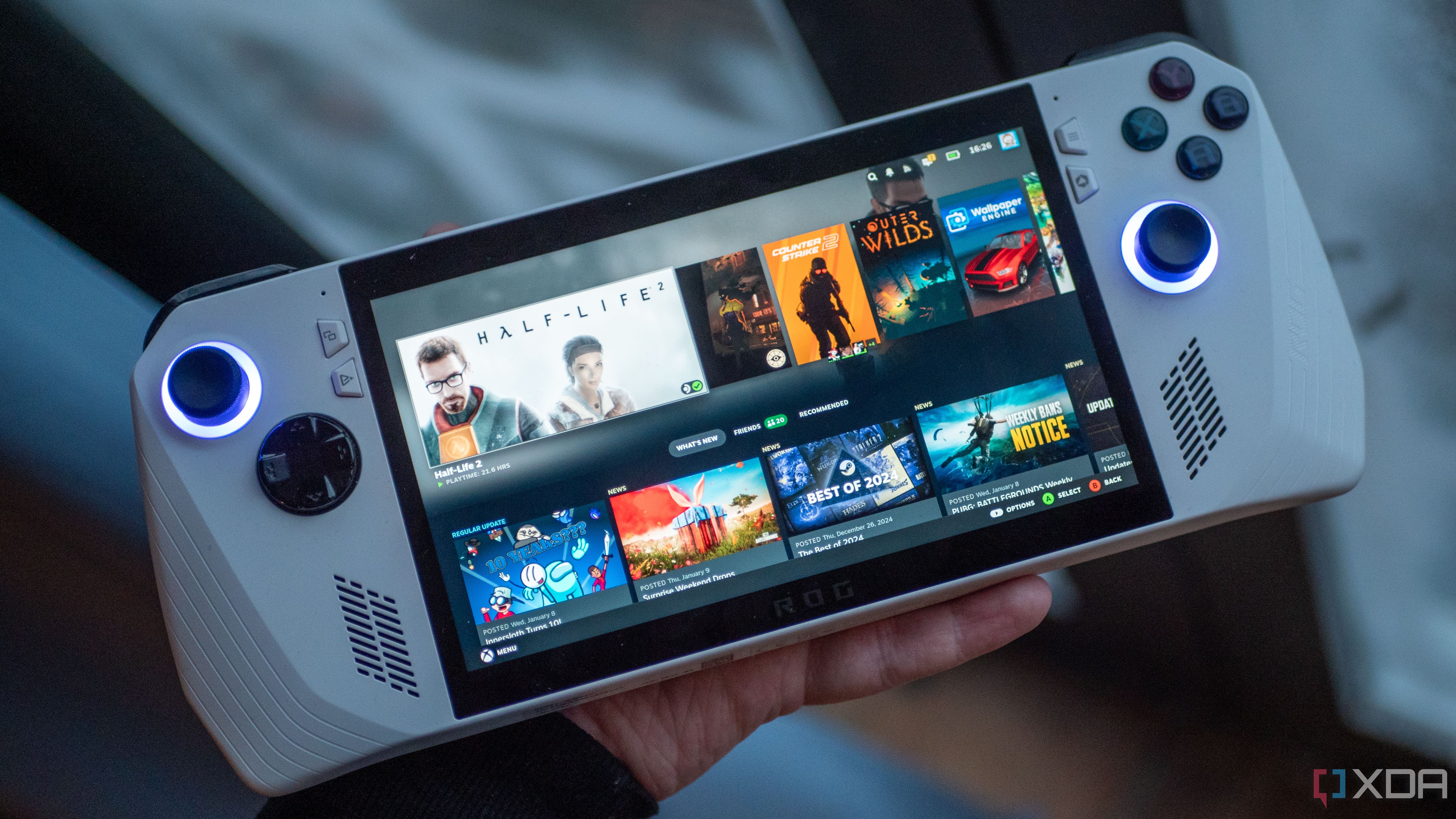
Related
These 6 myths about gaming on Linux just aren’t true (except one)
Forget (almost) everything you have ever been told about gaming on Linux because it just ain’t so.
Keep yapping
Although the enthusiasm behind Linux gaming can feel overwhelming from the outside looking in, there’s good reason for it. It’s been the plight of Linux users for well over a decade to get compatibility to a point where anyone can come over, and the community is just short of that mark. It’s all about continuing to push, and that means continuing to be an evangelist of Linux gaming.
